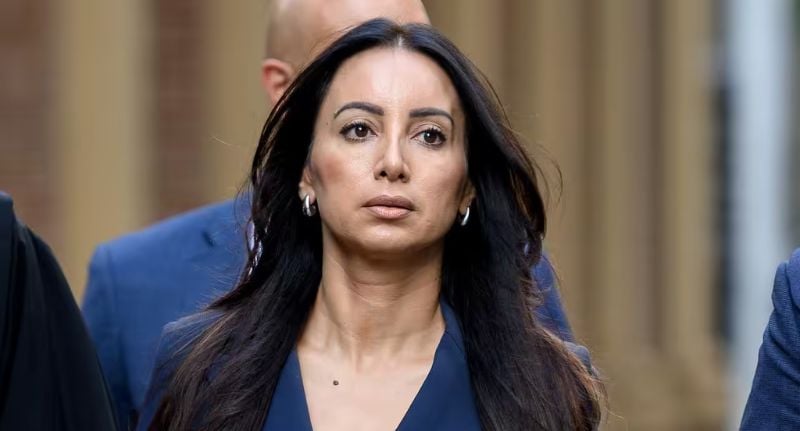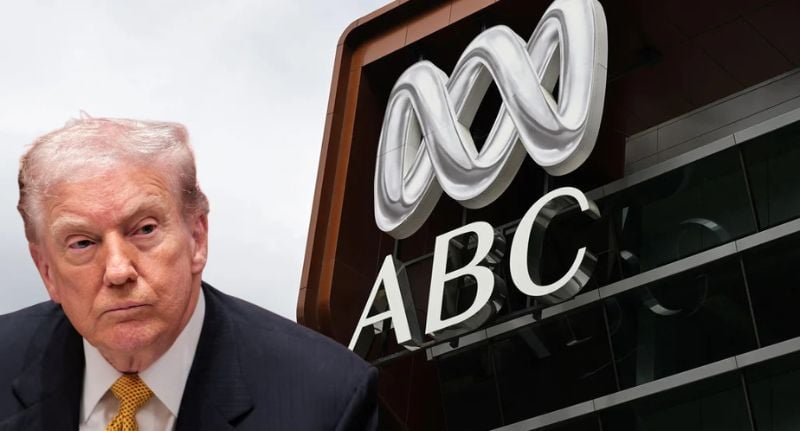The BBC’s misstep over a misleading Panorama edit of a Donald Trump speech has spiralled into a full-blown crisis – and for RMIT journalism professor Alexandra Wake, it’s a warning Australia’s public broadcaster can’t afford to ignore.
“We all like to believe that the BBC and the ABC would never do anything like this,” Wake told Mediaweek.
“But there were a few factors that got in the way of good practice,” she explained, adding that it’s that shorthand knowledge of company policy, which can only be accumulated by longterm staff that many companies depend on.
“When people have been in an organisation for a while, they know what they can and can’t do, and that’s critical,” she said.
The Panorama program, however, was “a bought-in production”, something Wake warns can open company’s up to a raft of missteps.
“The ABC does this too now, bringing in people from outside who aren’t always trained in the same editorial policies and guidelines,” she said.

Director-general Tim Davie, and head of news Deborah Turness
BBC fallout deepens
Director-general Tim Davie and head of news Deborah Turness have both resigned over the scandal.
For Wake, their departure alludes to a deeper rot: “You don’t see resignations at that level without major underlying issues.”
BBC chair Samir Shah has now admitted an “error of judgement,” apologising for the misleading edit but denying that the broadcaster sought to cover it up.
Meanwhile, Trump’s legal team has accused the BBC of defamation and given the broadcaster until 14 November to issue a full retraction or face a $1 billion lawsuit.

RMIT journalism professor Alexandra Wake
‘A higher standard’
Wake said while human error is inevitable, accountability is non-negotiable when it comes to public media.
“Even the best media organisations in the world make mistakes. That’s understood. But we expect higher standards from public broadcasters when they’re funded by the public,” she said.
“Anyone making programs for public broadcasters needs to be fully aware of their core mission, impartiality and public service. Being fair is the foundation.”
She also pointed to what she described as a “cultural weakness” shared by both organisations, and an inability to defend themselves when under attack.
“They’ve been under siege from right-wing commentators and commercial interests for so long that, in some ways, they feel they can’t even respond, even when they’ve done nothing wrong,” Wake said.
“That’s not to say there haven’t been clear problems, both broadcasters have faced serious issues in recent years, but they also seem to struggle to stand up for themselves when they should.”

Antoinette Lattouf
The ABC’s own credibility test
One of the issues Wake is referring to involves the ABC’s recent legal challenges surrounding broadcaster Antoinette Lattouf.
In September, the broadcaster was ordered to pay $150,000 in penalties plus $70,000 in compensation for the unlawful termination of her contract.
For Wake, the entire affair highlights how only strong leadership and transparency will determine whether the ABC can avoid facing a similar public backlash.
“The ABC, like the BBC, must ensure it upholds the true purpose of a public broadcaster, to hold power to account, support open debate, promote social cohesion, counter misinformation, and deliver accurate, unbiased journalism,” Wake said.
“It’s about staying true to the core values of public interest reporting, accepting when mistakes happen, and having the courage to say sorry and own up to them.”
